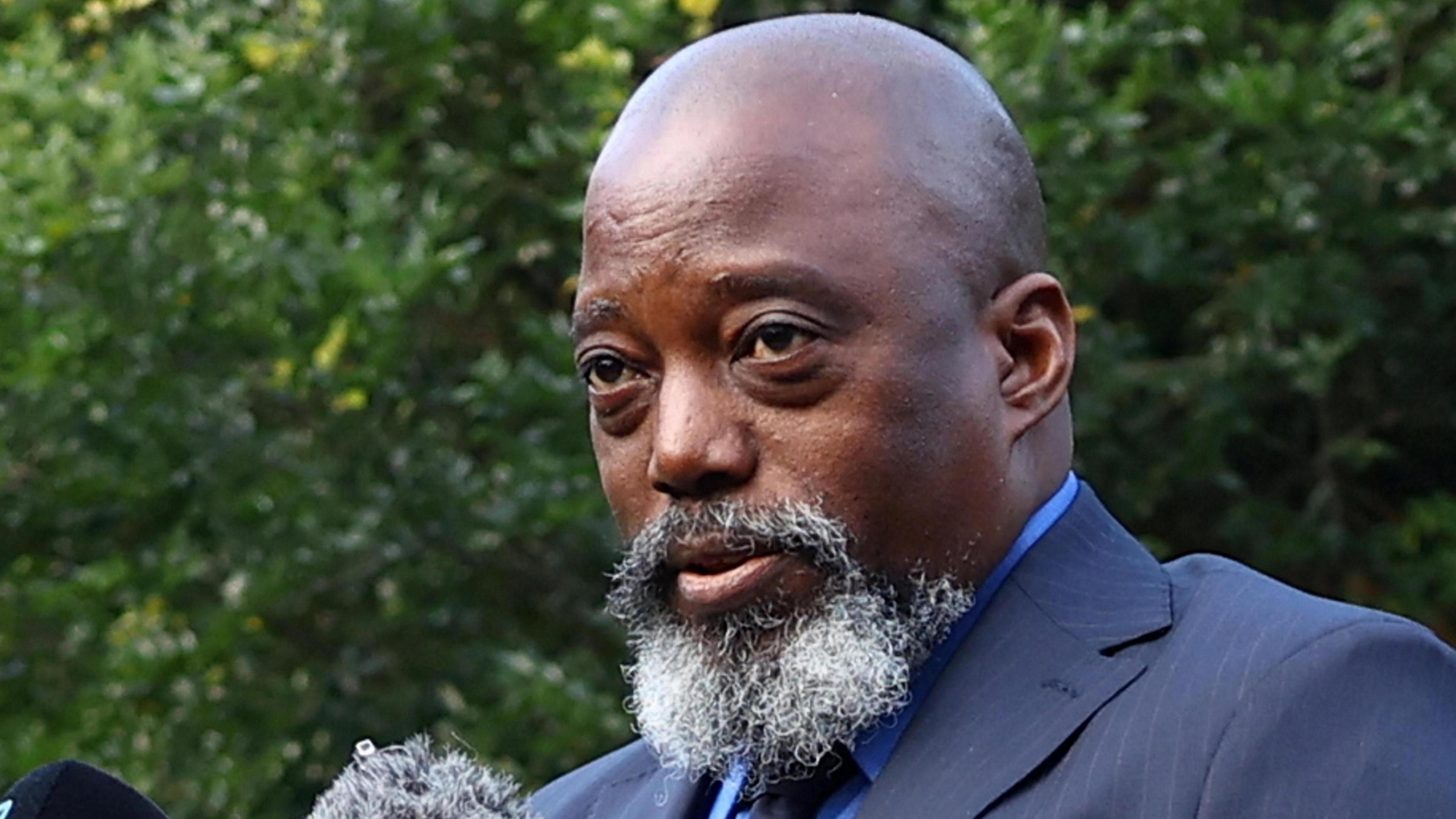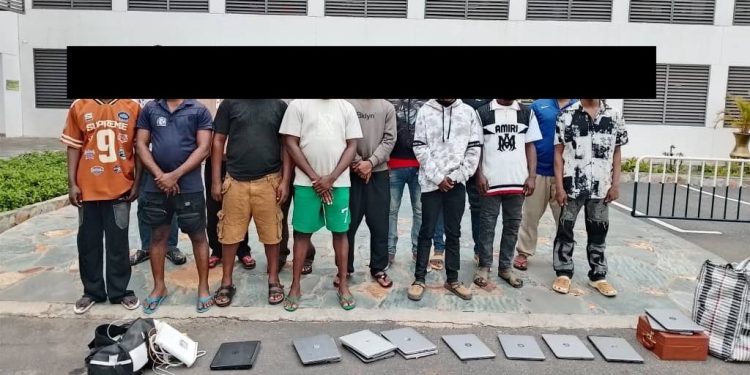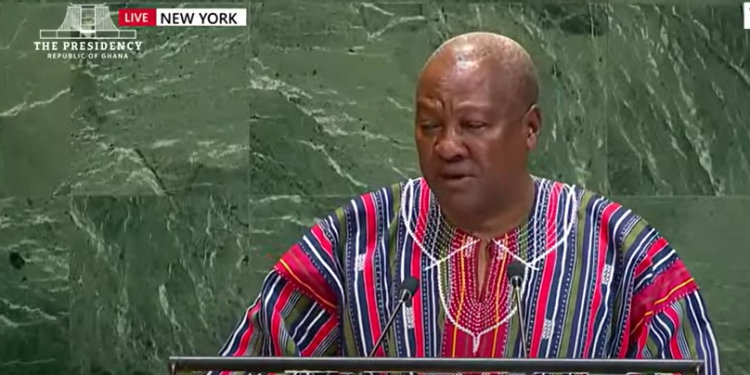DStv has deactivated nearly one million unauthorized decoders in a sweeping move to curb cross-border piracy between Nigeria and Ghana, according to Ghana’s Minister for Communication, Digital Technology, and Innovations, Samuel Nartey George.
Speaking on Channel One TV’s The Point of View on Monday, George said the deactivations are part of a broader effort to stem the flow of illicit “ghost boxes” into the Ghanaian market. These unauthorized devices—often imported or reprogrammed across borders—allow users to bypass subscription fees and access premium satellite TV content at discounted or no cost.
“So far, DStv has deactivated close to a million ghost boxes over a period of time,” the minister disclosed. He did not specify the exact timeframe of the crackdown but described the scale of the operation as significant.
The development comes alongside what George described as an “unprecedented” move by MultiChoice Africa, DStv’s parent company, to increase the value of its offerings in Ghana. Under a newly announced agreement effective October 1, 2025, all DStv packages in Ghana will be upgraded to higher-tier plans at no additional cost—a shift expected to deliver between 33% and 50% more value to consumers.
Responding to claims that similar offers had been made in the past, George was unequivocal. “I have heard people say that DStv has done this before; that is not correct,” he said. “That is why in the press briefing I held, I made it clear that this is unprecedented in DStv’s own marketing modules.”
He emphasized that the enhanced packages and the anti-piracy measures form part of a broader set of reforms aimed at improving fairness, protecting content integrity, and ensuring better value for Ghanaian subscribers.
The crackdown on decoder piracy also reflects a growing concern among broadcasters about revenue losses stemming from unlicensed distribution of content—a problem exacerbated by porous borders and digital workarounds across West Africa.
Analysts say the combined package of enforcement and customer incentives suggests a more aggressive posture from both regulators and providers in rebalancing the subscription TV market in Ghana.














